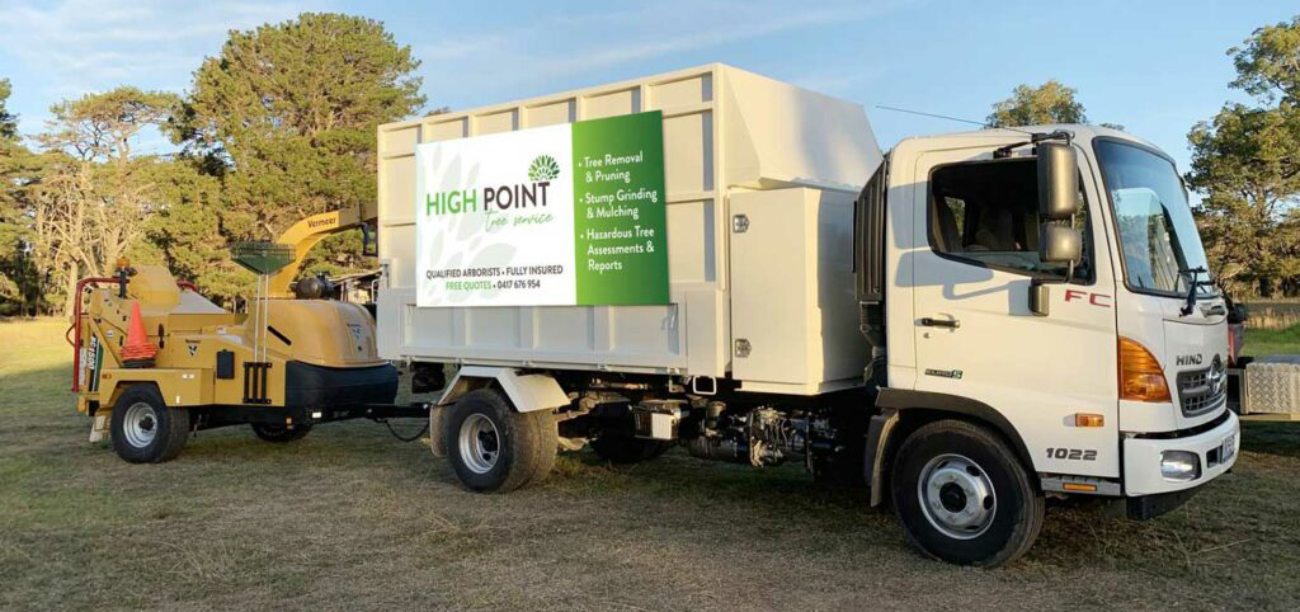All Categories
Featured
The removal of trees can create open rooms that are prone to weed intrusion. When trees exist, their dense covers typically color the ground, restricting the quantity of sunlight that reaches the dirt. Nonetheless, after the elimination of trees, these open locations get enhanced sunlight, providing ideal conditions for weed growth.

They might advise the usage of mulch, which acts as a safety barrier on the soil surface area, avoiding weed seeds from germinating and reducing weed growth.

The presence of trees cultivates an abundant and varied neighborhood of soil microbes. Tree roots provide a resource of raw material, exudates, and nutrients that sustain the growth and activity of useful soil microorganisms. When trees are removed, the absence of their roots can disrupt the fragile equilibrium of the dirt's microbial community.
What Does Tree Arborist Wollongong Cost?
This change in pH can affect nutrition accessibility, microbial activity, and general soil health and wellness. To resolve the impacts of tree cutting on dirt pH, tree elimination specialists can provide valuable recommendations. They may advise dirt testing to examine the existing pH levels and establish the needed changes. Based on the results, experts can suggest pH modification techniques, such as including lime to increase dirt pH or integrating important sulfur to reduce it.

It describes the compression of soil bits, resulting in minimized pore area and enhanced soil density. This compaction can negatively impact the soil's capacity to function efficiently, influencing its water-holding ability, vitamins and mineral availability, and origin infiltration. Appropriate methods employed by tree removal professionals can aid reduce compaction and preserve the soil's capability to preserve water, and permit for ample air movement and cautious tools handling.
Latest Posts
What Is The Best Wollongong City Council Tree Removal Service?
How Much Does It Cost To Hire A Wollongong City Council Tree Removal?
Is It Worth Paying For Palm Tree Removal Wollongong?